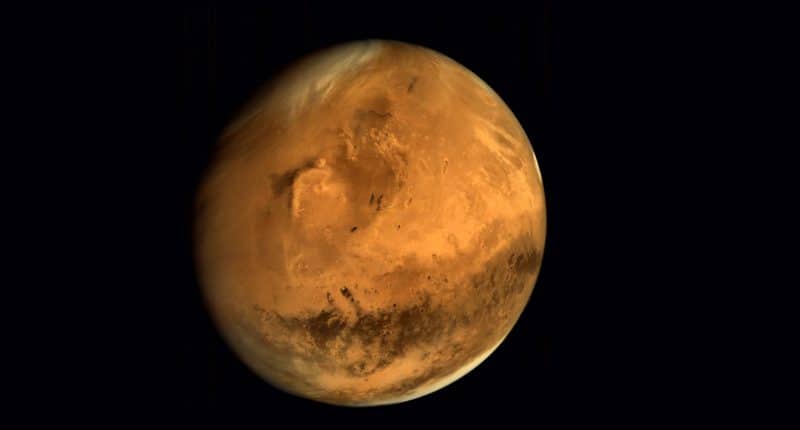Space is the final frontier and led by Elon Musk’s SpaceX, Jeff Bezos’ Blue Origin, NASA, and other players, humanity has been staking its claim over this part of the galaxy. Once again, the attention is on our neighbor Mars, and ahead of its SPAC deal to go public, California-based Rocket Labs has been awarded a design contract by NASA to develop and launch two Photon spacecraft on a mission to Mars in 2024, mainly to understand how the climate of the Red Planet changed over time and understand its magnetosphere’s structure, composition, variability, and dynamics.
The mission, known as ESCAPADE (Escape and Plasma Acceleration and Dynamics Explorers), is one of three missions selected by NASA’s Small Innovative Missions for Planetary Exploration (SIMPLEx) program and will launch the spacecraft aboard a commercial launch vehicle to Mars which will be contracted by NASA.
Equipped with path defining tech including star trackers and reaction wheels to work as a control system and a navigation system respectively, the two Photons (named Blue and Gold) will insert themselves into elliptical orbits around Mars and conduct a 1-year primary science mission. It is set to perform the Curie in-space propulsion system as well. The total cost of the mission has not been revealed.
According to Peter Beck, Rocket Lab founder, and CEO, this was a promising mission that would deliver “big science in a small package.” Undoubtedly, the “small package” refers to the Photons, which is both affordable and will demonstrate a more cost-effective approach to planetary exploration that will increase the science community’s access to the solar system for the better. He added that advances in spacecraft and rocket technology had brought down the costs of interplanetary missions.
“The whole point of this is to try and do this as low cost as possible and get the most amount of scientific bang for the buck. So I think you will look back on this mission in hindsight and think ‘man, that was incredibly good value,’” he said. “You talk to a planetary scientist and maybe they get to do two missions in their entire professional career. And we’re like, ‘that’s just sucks, we need to increase the iteration speed here.’”
While the preliminary design review on ESCAPADE has been completed by Rocket Labs, further reviews will take place.
The Tech Portal is published by Blue Box Media Private Limited. Our investors have no influence over our reporting. Read our full Ownership and Funding Disclosure →






